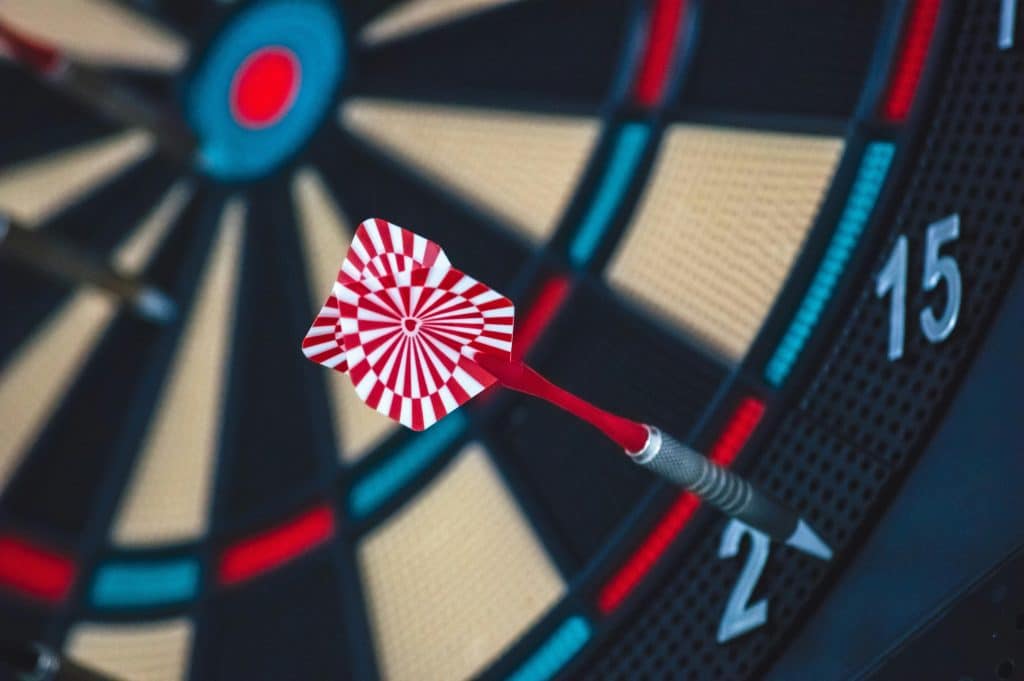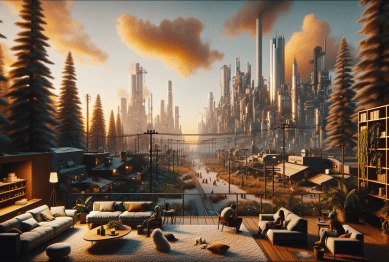In an era where remote work, hybrid offices, and constant digital distractions define our daily lives, the importance of a well-organized, clutter-free space has never been greater. Studies consistently show that physical clutter directly impacts our mental clarity, making it harder to concentrate and stay productive. As minimalism continues to trend not just as an aesthetic but as a productivity strategy, learning how to declutter your space for better focus has become a crucial skill for busy professionals.

Why Decluttering Boosts Focus
The connection between a tidy environment and mental performance is more than anecdotal. Neuroscientific research from Princeton University found that physical clutter competes for your attention, leading to decreased performance and increased stress levels . Simply put, when your environment is chaotic, your mind tends to mirror that disarray.
Additionally, a study published in the Personality and Social Psychology Bulletin revealed that individuals who described their homes as “cluttered” were more likely to experience fatigue and depression compared to those with organized living spaces.
Emerging Trend: Minimalism as a Focus Tool
Minimalism is no longer just about owning fewer things; it’s evolving into a strategic approach to enhancing focus and productivity. Influencers and thought leaders are increasingly promoting “focus-centric minimalism,” where decluttering is not just about tidying up, but about creating an environment specifically optimized for deep work. The trend aligns with the growing popularity of techniques like Cal Newport’s “Deep Work” philosophy.
The Declutter-For-Focus Method
Here’s a practical, step-by-step guide on how to declutter your space for better focus without turning it into an overwhelming task.
1. Start with a Purpose-Driven Audit
Before touching anything, ask yourself: “What activities do I want this space to support?” This could range from deep work sessions to creative brainstorming. Having clarity will help you decide what stays and what goes.
2. Apply the ‘One-Touch Rule’
When decluttering, handle each item once. Decide immediately whether it should be:
- Kept (essential tools)
- Moved (relocate to its proper place)
- Donated or Discarded (non-essential items)
This minimizes indecision and keeps momentum.
3. Create Focus Zones
Divide your workspace into functional “focus zones.”
- Primary Zone: Immediate work area—desk, laptop, notepad.
- Secondary Zone: Shelves or drawers for reference materials.
- Peripheral Zone: Items rarely needed but nice to have nearby (e.g., printer).
Keeping frequently-used items within arm’s reach reduces cognitive load during task transitions.
4. Limit Visual Noise
Visual clutter is one of the top enemies of focus. Aim for clear surfaces. A desk should only contain:
- Your primary work device
- One notepad and pen
- A cup of water or coffee
- Optional: One motivational object (photo, plant)
5. Digital Decluttering Matters Too
Your digital workspace mirrors your physical one. Organize your desktop, reduce browser tabs, and use focus-enhancing tools like:
- Freedom App (blocks distracting websites)
- Notion or Evernote (for structured note-taking)
6. Adopt the ‘Five-Minute Reset’ Routine
At the end of each workday, dedicate five minutes to reset your space:
- Clear any lingering clutter
- Reset items to their “focus zones”
- Shut down your devices intentionally
This habit prevents clutter from creeping back in.
Psychological Benefits of Decluttering
Decluttering is not just about physical order; it offers psychological advantages that directly enhance productivity:
- Reduces Decision Fatigue: Fewer visible items mean fewer distractions demanding micro-decisions.
- Boosts Mental Clarity: A clear environment cues your brain into “work mode.”
- Improves Emotional Wellbeing: A tidy space reduces anxiety, fostering a calm, focused mindset.
Current Hot Topic: Sustainable Decluttering
An emerging trend within decluttering is sustainability. Professionals are becoming more mindful about how they dispose of unwanted items. Donating, repurposing, or responsibly recycling items aligns with eco-conscious minimalism, making decluttering not just a personal benefit but a social responsibility.
Apps like Freecycle and organizations like The Salvation Army are seeing increased engagement from individuals opting for eco-friendly decluttering practices.
Common Mistakes to Avoid When Decluttering for Focus
- Going for Perfection: Aim for progress, not a showroom look.
- Decluttering Without Purpose: Always align decluttering actions with your focus needs.
- Ignoring Digital Clutter: A messy desktop can be as distracting as a messy desk.
How to Maintain a Clutter-Free Focus Space Long-Term
- Adopt a ‘One In, One Out’ Rule: For every new item added, remove one.
- Schedule Monthly Audits: Regular check-ins prevent clutter build-up.
- Create Visual Reminders: Small prompts like a sticky note that says “Does this belong here?” can reinforce habits.
Conclusion
Decluttering is no longer a seasonal chore; it has become a strategic productivity tool. Learning how to declutter your space for better focus isn’t about achieving a Pinterest-perfect minimalist desk. It’s about intentionally designing an environment that supports your mental clarity, reduces stress, and fosters sustained focus. In a world increasingly filled with digital and physical noise, a decluttered space could be your competitive advantage.
References:
- Princeton Neuroscience Institute – https://www.ncbi.nlm.nih.gov/pmc/articles/PMC3923046/
- Personality and Social Psychology Bulletin – https://journals.sagepub.com/doi/abs/10.1177/0146167208320062
- Cal Newport’s Deep Work Philosophy – https://www.calnewport.com/books/deep-work/
- Freecycle – https://www.freecycle.org/









